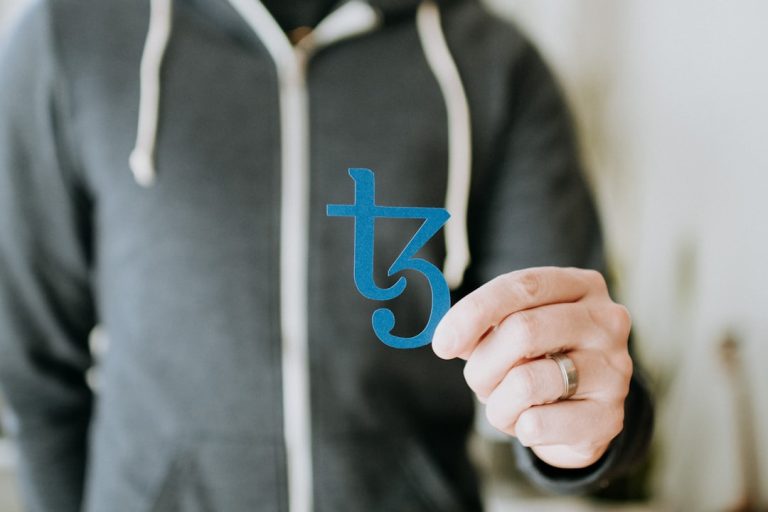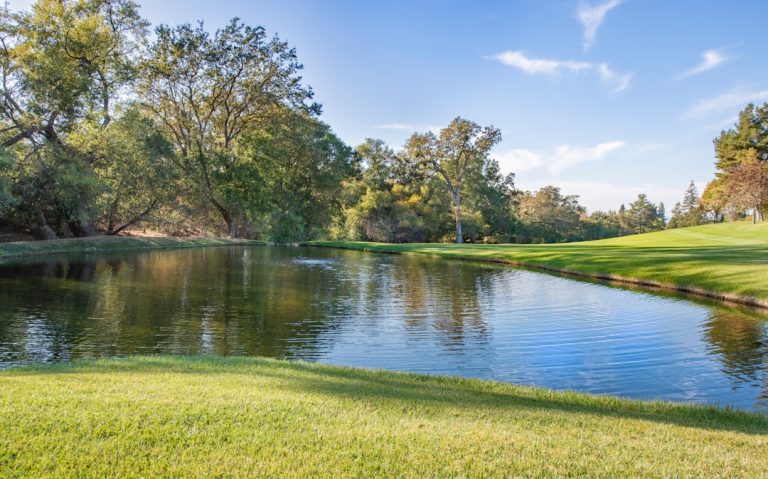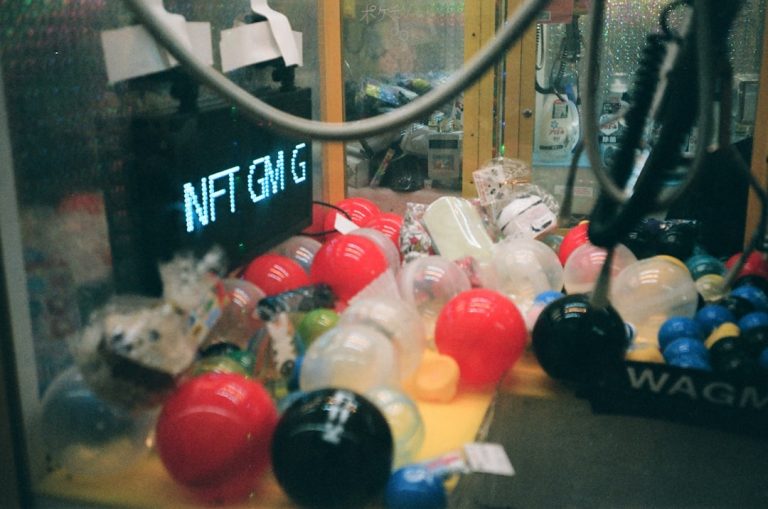
American slang refers to informal language that is often specific to particular groups, regions, or subcultures within the United States. It encompasses a wide array of expressions, idioms, and phrases that deviate from standard English, often reflecting the cultural nuances and social dynamics of the speakers. Slang can serve various purposes, such as establishing identity, fostering camaraderie, or even excluding outsiders.
It is characterized by its fluidity; new terms can emerge rapidly while others may fall out of use just as quickly. This ever-evolving nature makes slang a fascinating aspect of American English. The use of slang can also convey emotions and attitudes in ways that standard language may not.
For instance, saying someone is “lit” can express excitement or approval, while calling something “basic” can imply a lack of originality. Such terms encapsulate complex ideas in a single word or phrase, making communication more efficient among those who share an understanding of the slang. As a result, American slang not only enriches the language but also serves as a cultural marker that can indicate age, social class, and regional identity.
Key Takeaways
- American slang refers to informal language and expressions used by Americans in everyday conversation.
- American slang has a rich history, influenced by various immigrant groups, African American culture, and popular media.
- Common American slang words and phrases include “cool,” “dude,” “chill,” “lit,” and “hangry.”
- Regional variations in American slang can be seen in different parts of the country, with unique expressions and words specific to certain regions.
- To use American slang in conversation, it’s important to understand the context and audience, and to be mindful of appropriateness and cultural sensitivity.
The History of American Slang
The Rise of Slang Documentation
The publication of dictionaries dedicated to slang, such as “The Vulgar Tongue” in 1859 and “The Slang Dictionary” in 1889, marked a significant step in acknowledging the importance of informal language.
The Emergence of Subcultural Slang
As cities grew and diverse populations mingled, new expressions emerged, reflecting the experiences and identities of different communities. This period also saw the birth of specific slang associated with various subcultures, such as the criminal underworld or the burgeoning labor movement.
A New Era of Slang
Throughout the 19th century, slang began to gain more recognition and documentation.
Common American Slang Words and Phrases

American slang is rich with colorful expressions that have become part of everyday conversation. Terms like “cool,” which originally referred to temperature but evolved to signify approval or admiration, exemplify how meanings can shift over time. Similarly, “sick” has transitioned from describing illness to expressing something impressive or exciting.
These words often carry connotations that go beyond their literal meanings, allowing speakers to convey complex emotions succinctly. Another common phrase is “spill the tea,” which means to share gossip or reveal secrets. This expression has gained popularity in recent years, particularly among younger generations and on social media platforms.
Other examples include “ghosting,” which refers to suddenly cutting off communication with someone without explanation, and “flex,” meaning to show off or boast about something. These terms not only enrich conversations but also reflect contemporary social dynamics and cultural trends.
Regional Variations in American Slang
| Region | Distinct Slang Words | Common Phrases |
|---|---|---|
| West Coast | hella, gnarly, dank | “What’s good?”, “Chillin'”, “Let’s dip” |
| East Coast | wicked, bodega, deadass | “What’s the move?”, “Facts”, “I’m dead” |
| Midwest | ope, cattywampus, pop | “Uffda”, “You betcha”, “Don’tcha know” |
| Southern | y’all, fixin’ to, bless your heart | “Howdy”, “Bless your soul”, “Y’all come back now” |
American slang is not monolithic; it varies significantly across different regions of the country. For instance, in New York City, you might hear someone say “bodega” to refer to a small grocery store, while in the Midwest, the term “party store” might be more common for a similar establishment. Such regional differences highlight how local culture and geography influence language use.
In addition to geographic variations, certain communities have developed their own unique slang. For example, African American Vernacular English (AAVE) has contributed numerous terms to mainstream American slang, such as “woke,” which originally referred to being socially aware but has since been adopted more broadly. Similarly, the LGBTQ+ community has its own lexicon that includes terms like “shade,” which refers to subtle insults or criticism.
These regional and community-specific variations enrich the tapestry of American slang and demonstrate how language evolves in response to cultural contexts.
How to Use American Slang in Conversation
Incorporating slang into conversation can enhance communication and create a sense of connection with others who share an understanding of these informal expressions. However, it is essential to use slang appropriately and contextually. For instance, using terms like “lit” or “fam” may resonate well among younger audiences but could come off as forced or disingenuous when used by someone outside that demographic.
When using slang, it is crucial to consider your audience and the setting. In casual conversations with friends or peers, employing slang can foster camaraderie and make interactions feel more relaxed. However, in formal settings or professional environments, it may be wise to exercise caution and stick to standard language to maintain professionalism.
Understanding when and how to use slang effectively can enhance your communication skills and help you navigate various social situations.
The Influence of American Slang on Pop Culture

The Impact of Hip-Hop Culture
Hip-hop culture, in particular, has played a significant role in popularizing slang terms that have entered mainstream usage. Artists like Jay-Z and Kendrick Lamar often incorporate contemporary slang into their lyrics, which not only reflects their cultural backgrounds but also shapes the language used by their listeners.
Slang in Television and Film
Television shows and movies have also contributed to the dissemination of slang. Series like “Friends” popularized phrases such as “we were on a break,” while films like “Clueless” introduced terms like “as if!” These expressions often transcend their original contexts and become part of everyday vernacular.
The Evolution of Slang
As pop culture continues to evolve, so too does the slang associated with it, creating a dynamic interplay between language and cultural trends.
Slang in the Digital Age
The advent of the internet and social media has revolutionized how slang is created and disseminated. Platforms like Twitter, TikTok, and Instagram serve as breeding grounds for new expressions that can spread rapidly across demographics and geographic boundaries. Terms like “FOMO” (fear of missing out) and “YOLO” (you only live once) gained traction through online interactions before becoming widely recognized in everyday conversation.
Moreover, memes have become a significant vehicle for popularizing slang. A single meme can introduce a phrase or term that resonates with users across various platforms, leading to its rapid adoption. The digital age has not only accelerated the pace at which slang evolves but has also democratized its creation; anyone with internet access can contribute to the lexicon by sharing their own expressions or interpretations.
The Future of American Slang
As society continues to evolve, so too will American slang.
Additionally, as social movements gain traction—such as those advocating for inclusivity and diversity—new terms may emerge that reflect changing attitudes toward identity and representation.
Furthermore, technological advancements will likely play a role in shaping future slang. As new forms of communication develop—such as virtual reality interactions or augmented reality experiences—so too will the language used within those contexts. The future of American slang promises to be as dynamic and multifaceted as its history, reflecting the ongoing changes in society and culture while continuing to serve as a vibrant expression of identity and community among speakers across the nation.
If you’re interested in learning more about American English slang, you may want to check out this article on conversation topics in a crowded theater. This article discusses how slang can be used in various social situations, including when navigating a crowded theater. It provides insight into how slang can help people connect and communicate effectively in different settings.
FAQs
What is American English slang?
American English slang refers to informal, non-standard words, phrases, and expressions that are commonly used in the United States. Slang often reflects the culture and trends of a particular time and place, and can vary widely across different regions of the country.
How is American English slang different from standard English?
American English slang is different from standard English in that it often includes words and expressions that are not found in formal language or standard dictionaries. Slang can also be more casual, playful, and reflective of current trends and popular culture.
What are some examples of American English slang?
Examples of American English slang include words and phrases like “cool” (meaning good or impressive), “dude” (used to address a friend or acquaintance), “chill” (relax or take it easy), “lit” (exciting or amazing), and “hangry” (feeling irritable due to hunger).
Why is it important to understand American English slang?
Understanding American English slang can be important for non-native English speakers, as it is commonly used in everyday conversations, movies, music, and social media. Additionally, knowing slang can help individuals better connect with native English speakers and understand the nuances of informal language.
How can I learn American English slang?
One way to learn American English slang is to immerse yourself in American culture through movies, TV shows, music, and social media. Additionally, there are many online resources and slang dictionaries that can help you familiarize yourself with common slang terms and their meanings.



